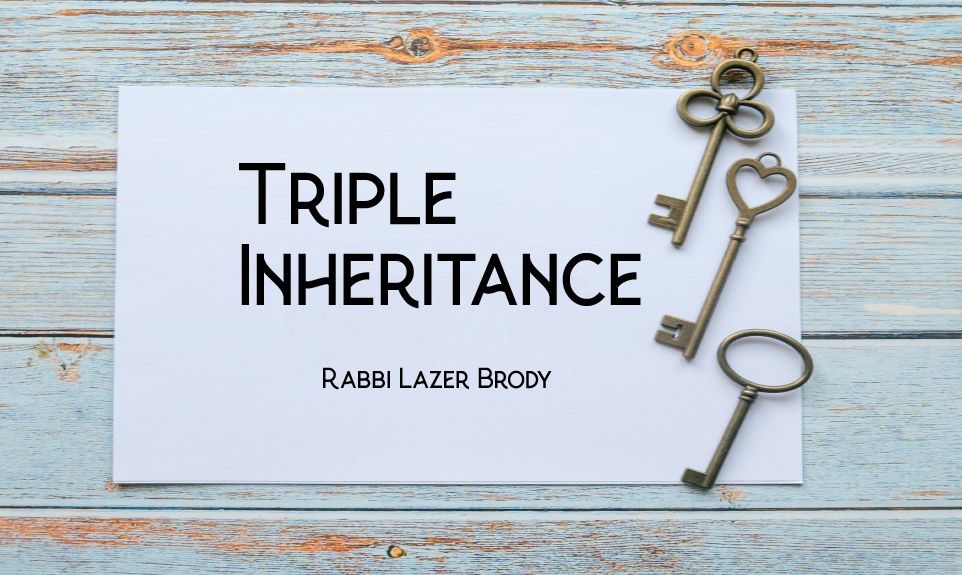
Re’eh: The Triple Inheritance
The Land of Israel resembles the World to Come – it is the rightful inheritance of every Jew even if he is still in Brooklyn and hasn't yet possessed it…

“Hashem will surely bless you in the Land that Hashem, your G-d, gives you as an inheritance, to possess it.”(Deuteronomy 15:4).
In interpreting the passage at hand, we must ask ourselves why the Torah uses present tense, that Hashem gives us our inheritance. Thousands of years ago, Hashem gave us the Land of Israel already, even though exile and Diaspora have since separated between us and our Land. We would have therefore expected the Torah to use the past tense, referring to our holy homeland as the Land that Hashem gave us as an inheritance. Why the present and not the past?
The Mishna in tractate Sanhedrin also speaks of our inheritance in present tense: “All of Israel has a portion in the World to Come.” Here, we would have expected the Mishna to use the future tense and say, “All of Israel will have a portion in the World to Come,” namely, when their tour of duty in this world is over. Why the present and not the future?
In addition to the above two questions, we must pay attention to the above passage’s detail: the Jewish People are blessed when they are in the Land of Israel; the site of their blessing is called the land of their inheritance.
The common denominator between the Land of Israel and the World to Come is that both are our rightful inheritance. Both are referred to in present tense, for one’s rightful inheritance exists – present tense – even if he hasn’t yet possessed it. In that case, the Land of Israel resembles the World to Come – it is the rightful inheritance of every Jew even if he is still in Brooklyn or Golder’s Green and hasn’t yet possessed it. Hashem’s  promise, both in the Torah and in the Mishna, are will and testament of our rightful inheritance, which each of us has right now – present tense – even though we have yet to possess one or both of them.
promise, both in the Torah and in the Mishna, are will and testament of our rightful inheritance, which each of us has right now – present tense – even though we have yet to possess one or both of them.
With the above in mind, we can now understand Rabbi Yochanan’s saying in tractate Pesachim, 113a: “Three inherit the World to Come – he who lives in the Land of Israel, he who raises his children to Torah, and he who performs Havdala over a glass of wine on Saturday night.” Here too, we must be precise: Rabbi Yochanan talks about the World to Come both as an inheritance and in present tense. This further reinforces the concept that the World to Come is the inheritance of every Jew.
We can easily understand how a person who raises his or her children to Torah merits the World to Come, for one of our main tasks on earth is to raise the next generation to be loyal and steadfast servants of Hashem. And, since our sages teach us that the true place for the fulfillment of all the Torah’s commandments is the Land of Israel, we can also understand that those who live in the Land of Israel also merit the World to Come. Yet, how does making Havdala over a cup of wine on Saturday night rate with the two highly significant mitzvoth of learning Torah and living in the Land of Israel?
In Kabbalah, we learn that everything has three aspects: place, time and person, or olam-shana-nefesh. Hashem in His magnificent loving-kindness has given us the holiest place on earth – the Land of Israel – as our inheritance in the aspect of olam, or place. By His gift of Torah, we become the holiest people on earth, our inheritance in the aspect of nefesh, or person. As a nation and as a people, we live separately from the rest of the world, for Moses blessed us and said, “And Israel shall dwell securely, isolated” (Deuteronomy 33:28). As Hashem’s chosen, we are required to live in holiness, separate from all the other nations of the world. Furthermore, we have the aspect of shana, or time, in our inheritance, and this is the day of the Sabbath, the Torah’s special gift to the Jewish People. A person who therefore makes Havdala over a cup of wine on Saturday night after Shabbat is over shows that he differentiates between his inheritance of the holiest day of the week and all the other days. With the spiritual principle of olam-shana-nefesh, he too inherits the World to Come. We consequently see that the holiness in our lives – our triple inheritance of Torah, the Land of Israel and Shabbat – is our wonderful ticket to the World to Come.






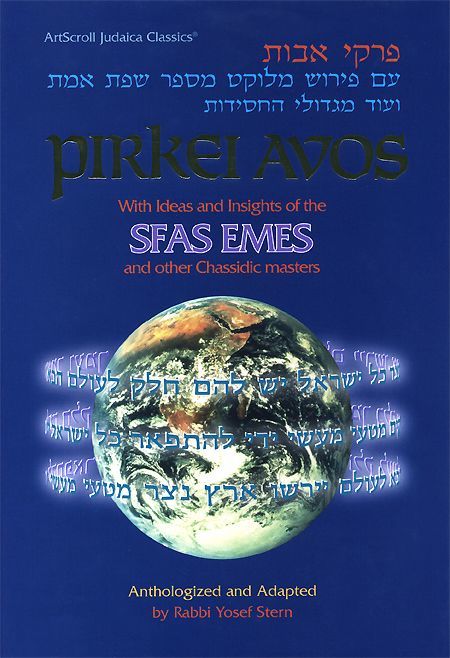
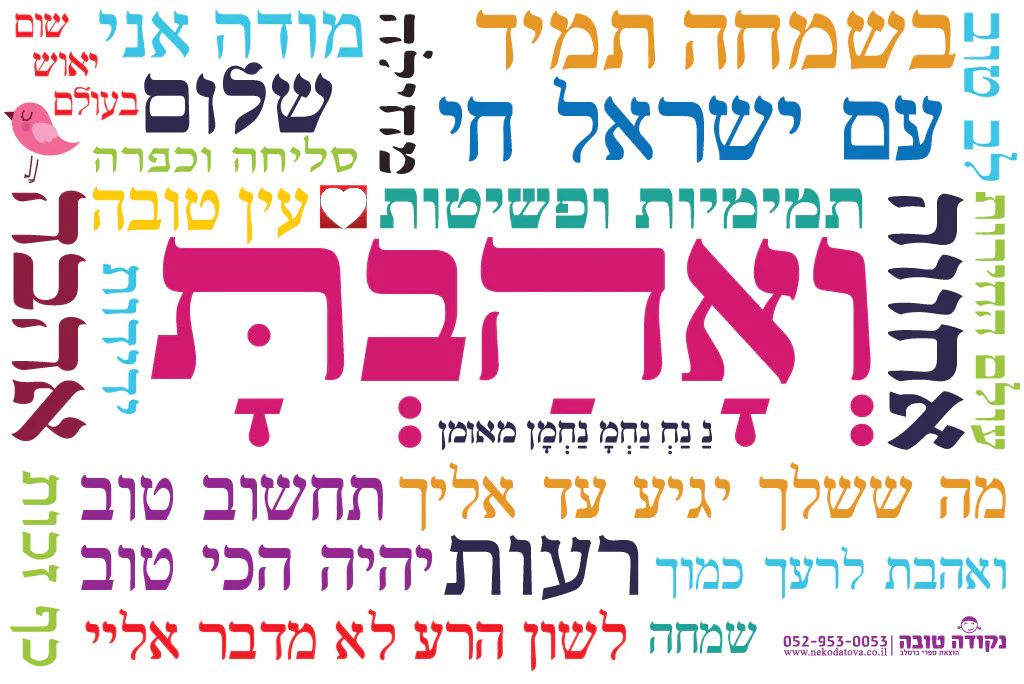

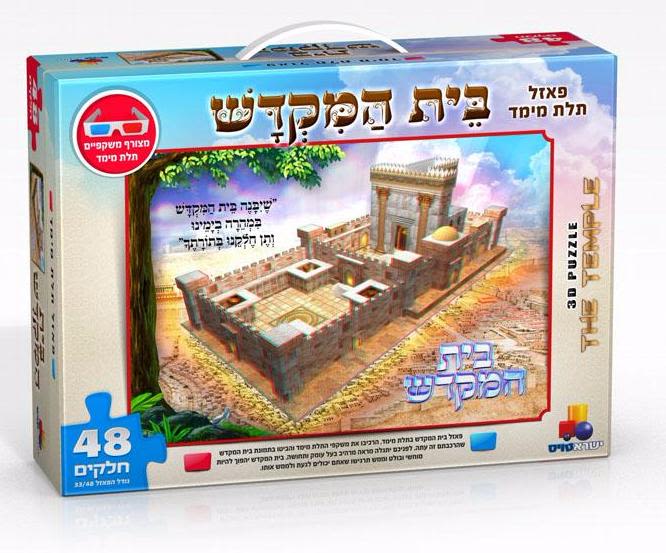
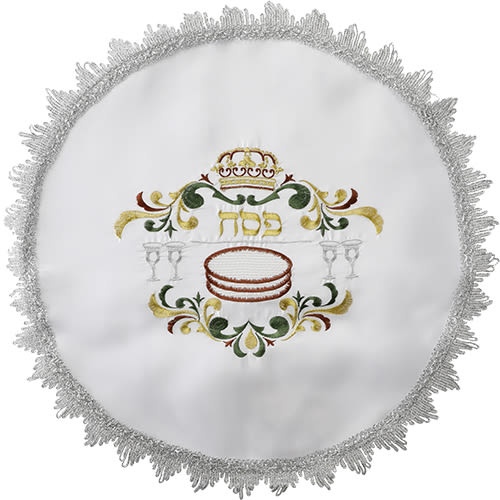

Tell us what you think!
Thank you for your comment!
It will be published after approval by the Editor.